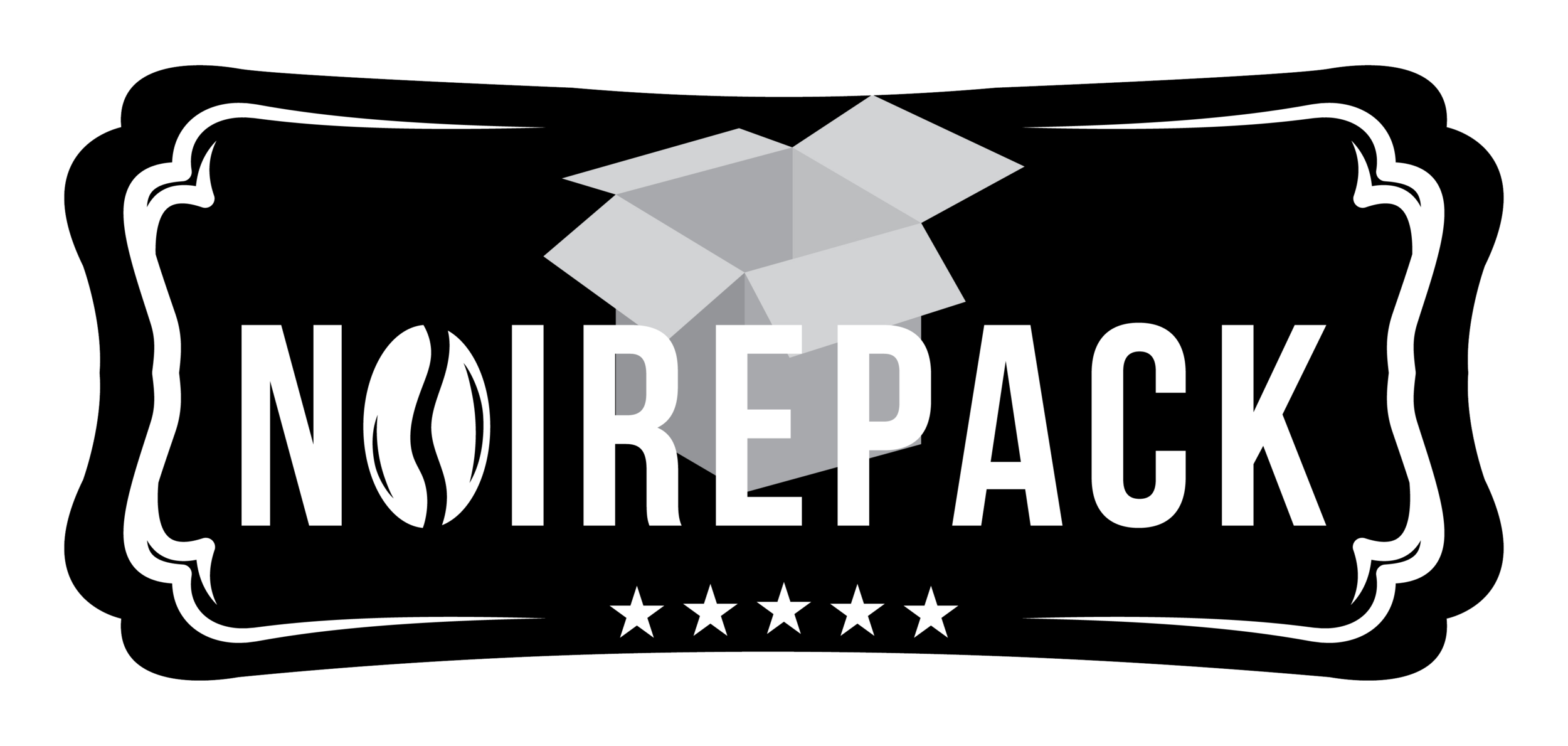Zanzibar, Mt- Kilimanjaro, and African cooperative economics "Ujamaa" Welcome to Tanzania
Tanzania is home to Zanzibar, the center of the spice trade, the dormant volcano, and the highest mountain in Africa, Mt- Kilimanjaro, and the birthplace of African cooperative economics known as "Ujamaa. “Three key attributes worth noting about Tanzania.
Zanzibar, the tropical island off the coast of Africa that was once the eye to the East. The center of the spice trade, where at its height was the leading producer of nutmeg, cloves, saffron, cinnamon, and vanilla. These days, Zanzibar is better known as a tropical vacation spot and Kilindi.
During the 9th century, Swahili merchants operated as brokers for long-distance traders from both the hinterland and Indian Ocean world. Persian, Indian, and Arab traders frequented Zanzibar to acquire East African goods like gold, ivory, and ambergris and then shipped them overseas to Asia.
Swahili merchants operated as brokers for long-distance traders from both the hinterland and Indian Ocean world. Persian, Indian, and Arab traders frequented Zanzibar to acquire East African goods like gold, ivory, and ambergris and then shipped them overseas to Asia
Julius Nyerere was Tanzania's first president and founder of the social philosophy of "Ujamaa," or cooperative economics. "Ujamaa" is a term widely used in our current Black-Owned movement, meaning 'extended family,' 'brotherhood' or 'socialism'; as a political concept, it asserts that a person becomes a person through the people or community. The spirit of 'others' or 'community' brings families together and fosters cohesion, love, and service. Julius introduced Ujamaa to uplift the country economically following their independence in 1961 from the Brits. This concept worked for many years, uniting the country's more than 100 ethnicities into a cohesive postcolonial state. Still, soon Capitalism, the IMF, and imperialist nations and their capitalists' interests and agendas infiltrated the population, persuading Tanzanians to abandon the notion of socio-economics.
Mount Kilimanjaro is the highest mountain in Africa
Mount Kilimanjaro is known as the dormant volcano in Tanzania and the highest mountain in Africa, fertile grounds for one of the world's most unique and highly regarded coffees.
The coffee industry of Tanzania is closely related to Kenya's. This is no surprise since they share an intertwined history of exploiters from Germans, Arabs, and Brits in their countries. Over the last decades, the Tanzanian coffee industry has languished, rivaling Kenya's.
Most Tanzanian Arabicas are grown on Mt. Kilimanjaro and Mt. Meru's slopes near the Kenyan border.
These coffees are recognized as Kilimanjaro or sometimes Moshi or Arusha after their main port towns. Other Arabica beans are grown much farther south, between Lake Tanganyika and Lake Nyasa, and are commonly known as Mbeya after the main towns or Pare, a market name. Their highest grades are AA, followed by A and B.
What differentiates Tanzanian coffees lies in their characteristically sharp, winy acidity. They range from medium to full-bodied and relatively rich in flavor. Those of the Kilimanjaro region exhibit a soft, floral richness like Ethiopia's Yirgacheffe and other washed Ethiopian coffees.
At NoirePack, we diligently work to provide our customers with a diaspora of coffees originating from Africa and Latin America from Burundi to Honduras. Our mission is to showcase and help promote coffees derived from these regions because, together with our Black-Owned roasters in America. We will build stronger, closer connections with smallholder farmers to enhance their livelihoods. "Fair Trade" is not enough. Growing this coveted crop demands hard labor and can be very unpredictable. A lot goes through the process. Bad weather. A poor harvest. A sharp drop in market prices. Unforeseen events like these can hit smallholder farmers hard, especially when they rely on growing a single commodity for their income.
We hope to give them the platform to boost their incomes, improving health, nutrition, education, professionalization, and sustainable agricultural methods.
We thank you for your support and hope that you enjoy our coffees.
Follow us on our next journey as we continue to unveil more history of this "Black Gold."






